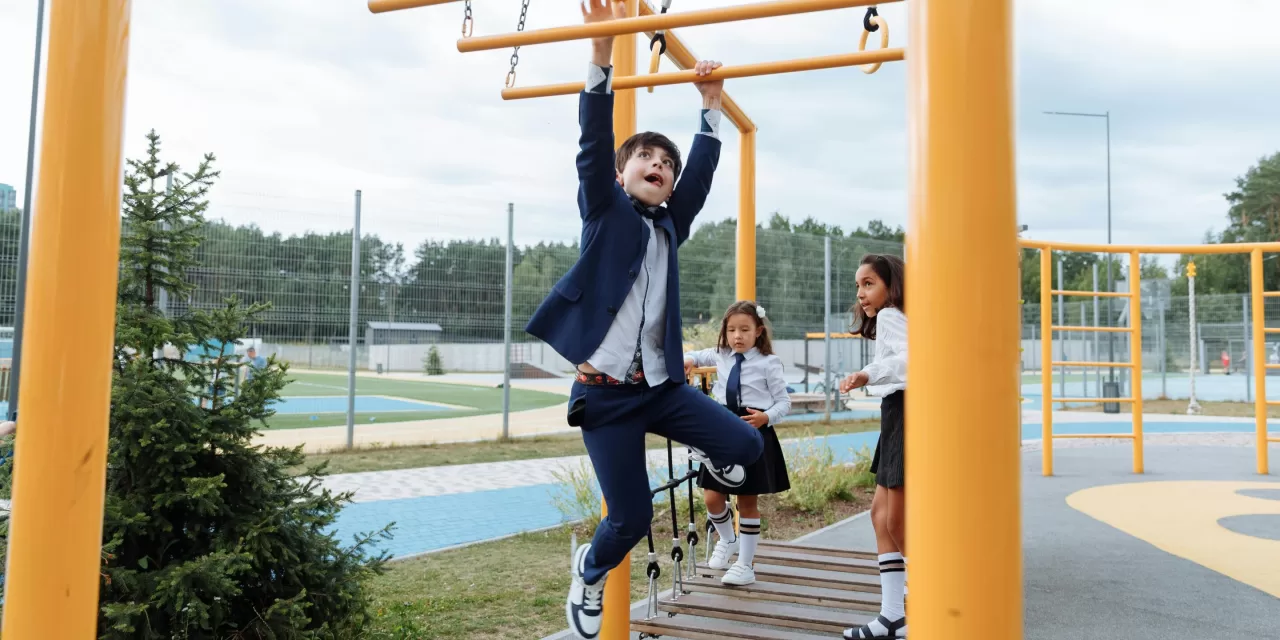The positive effects of exercise on adult mental health are widely known, easing symptoms of depression and reducing anxiety. Now, emerging research underscores the rising importance of physical activity for children’s mental well-being. With an estimated one in seven adolescents worldwide experiencing mental health challenges, the need for effective prevention strategies is more urgent than ever.
Exercise: A Simple Solution to Complex Problems
A growing body of evidence suggests that encouraging physical fitness may be a simple yet powerful way to improve mental health in adolescents. A recent study found that even a modest improvement in fitness, such as a 30-second gain in a running test, corresponded to a 7–8% decrease in the risk of developing anxiety, depression, or ADHD in teens. This implies that regular exercise can have a protective effect on young people’s mental health, offering a straightforward approach for parents and healthcare professionals alike.
The Power of Team Sports
Beyond solo exercise, team sports appear to offer unique mental health benefits for adolescents. A study involving over 17,000 teenagers found that those who participated in sports clubs were 60% less likely to experience depression than their inactive peers. The structure, social interaction, and physical demands of team sports create a supportive environment that nurtures mental well-being.
Sharper Minds and Academic Gains
Physical activity does more than boost mental health; it also enhances cognitive function, concentration, and academic performance. Research shows that active children perform better in math, reading, and other academic areas. Short bursts of activity, such as a ten-minute movement break, can immediately improve classroom performance. By prioritizing physical activity within the school day, educators can support both the health and learning potential of students.
Age-Appropriate Activity: Setting the Foundation Early
Experts generally agree that it’s never too early to encourage movement. The World Health Organization (WHO) recommends 180 minutes of activity daily for children aged 3-4, with at least 60 minutes being at a moderate to vigorous intensity. For school-age children (5-17), at least 60 minutes of daily activity, including muscle-strengthening exercises three times a week, is advised.
Introducing fitness early can be fun and tailored to children’s developmental stages. For younger children, unstructured play like tag or hide-and-seek is both enjoyable and beneficial. For older kids, a range of activities—from martial arts and swimming to culturally relevant sports—can provide variety and foster interest. Importantly, children are more likely to adopt an active lifestyle if their parents lead by example. Family outings, such as hiking or biking, can reinforce physical activity as an enjoyable, family-oriented activity.
Minimizing Risks: Ensuring Safe Play
While fitness offers undeniable benefits, it’s essential to encourage it safely. Overexertion, heat-related illnesses, and improper technique can pose risks. To mitigate these, children should engage in a variety of activities, stay hydrated, and use appropriately sized equipment. Overtraining and burnout are also concerns, so it’s essential to promote a balance between structured activities and free play, and to adhere to activity recommendations.
Building a Love for Movement
The evidence is clear: physical activity supports happier, healthier kids who are better prepared for life’s challenges. By encouraging movement in fun and engaging ways, we set children on a path to lifelong physical and mental well-being. The ultimate goal is to foster a love for movement and exercise that will empower them well into adulthood, helping them lead healthy, fulfilled lives.












